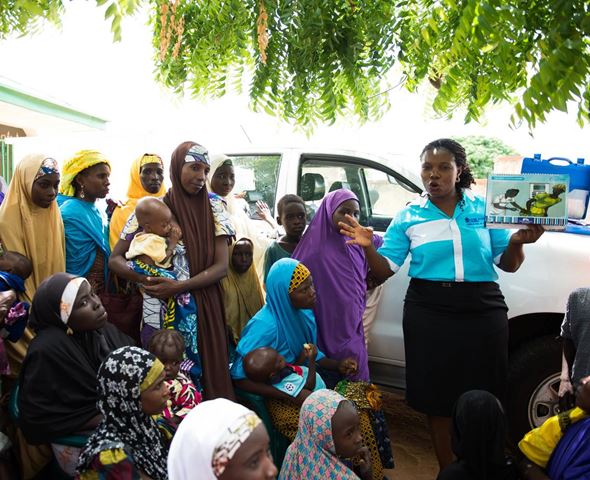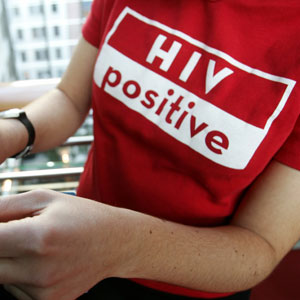
Introduction:
The intersection of politics and public health is particularly evident in the context of HIV/AIDS, a global health crisis that has far-reaching socio-political implications. For Rosana Empowerment Foundation (REF), understanding the politics surrounding HIV/AIDS is essential for crafting effective strategies to combat the epidemic and address the stigmatization and negative associations often associated with the virus.
Stigmatization and Discrimination:
The Politics of Blame – HIV/AIDS has been marred by a history of blame and stigmatization. Individuals and communities affected by the virus often face discrimination due to misconceptions about its transmission. REF confronts the challenge of dismantling stereotypes and prejudices that cast blame on those living with HIV/AIDS.
Criminalization of HIV:
In some regions, the law has been used as a tool to criminalize individuals living with HIV. This punitive approach not only exacerbates stigma but also discourages people from getting tested or seeking treatment. REF engages in advocacy efforts to challenge and reform such legal frameworks, promoting a rights-based approach to healthcare.
Lack of Adequate Funding:
The allocation of resources to HIV/AIDS programmes is a political decision. REF grapples with the challenge of advocating for sufficient funding from governments and international bodies to support prevention, treatment, and support services. Inadequate funding hampers the effectiveness of initiatives aimed at curbing the spread of the virus and supporting those affected.

Policy Gaps and Inequities:
Political decisions around healthcare policies greatly influence the accessibility of HIV/AIDS prevention and treatment services. REF navigates the landscape of policy gaps and inequities to ensure that marginalized and vulnerable populations receive equitable access to healthcare resources, tackling the root causes of the epidemic.
Global Health Diplomacy:
The geopolitics of health can impact the global response to HIV/AIDS. International relations, trade agreements, and diplomatic relations all play a role in shaping the global health landscape. REF engages in diplomatic efforts to advocate for a collaborative and coordinated response to the epidemic, emphasizing the importance of a united front against HIV/AIDS.
Gender Politics:
Gender dynamics intersect with HIV/AIDS in complex ways. REF addresses the disproportionate impact of the virus on women and the challenges they face due to power imbalances. By navigating the gender politics inherent in the epidemic, REF aims to empower women and challenge societal norms that contribute to the spread of HIV.
Religious and Cultural Influences:
Religious and cultural beliefs can shape attitudes toward HIV/AIDS, impacting prevention strategies and care-seeking behaviours. REF engages in dialogue with religious and community leaders to foster understanding and challenge harmful narratives, working towards an inclusive and supportive environment.
Global Health Inequities:
The politics of global health contribute to stark inequities in access to HIV/AIDS prevention and treatment. REF addresses these inequities by advocating for a more equitable distribution of resources and challenging systems that perpetuate disparities in healthcare access.
Conclusion:
Navigating the politics of HIV/AIDS is a multifaceted challenge for Rosana Empowerment Foundation (REF). By critically examining the negative associations, stigmatization, and discriminatory practices linked to the virus, REF aims not only to address the immediate health concerns but also to challenge the political structures that perpetuate these issues. Through advocacy, education, and community engagement, REF endeavours to dismantle the political barriers that hinder progress in the fight against HIV/AIDS, fostering a world where individuals are empowered, supported, and free from the burden of stigma and discrimination.




